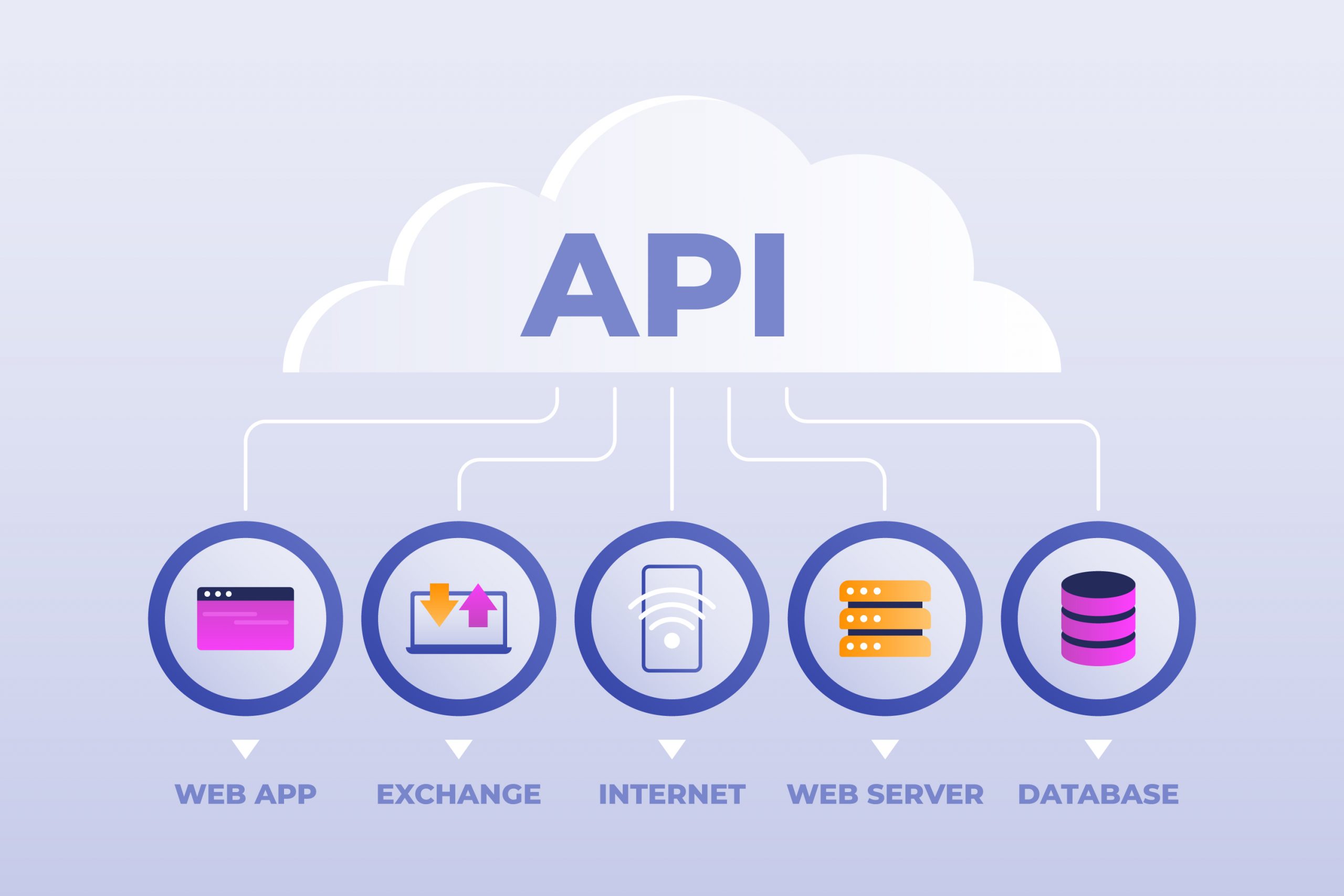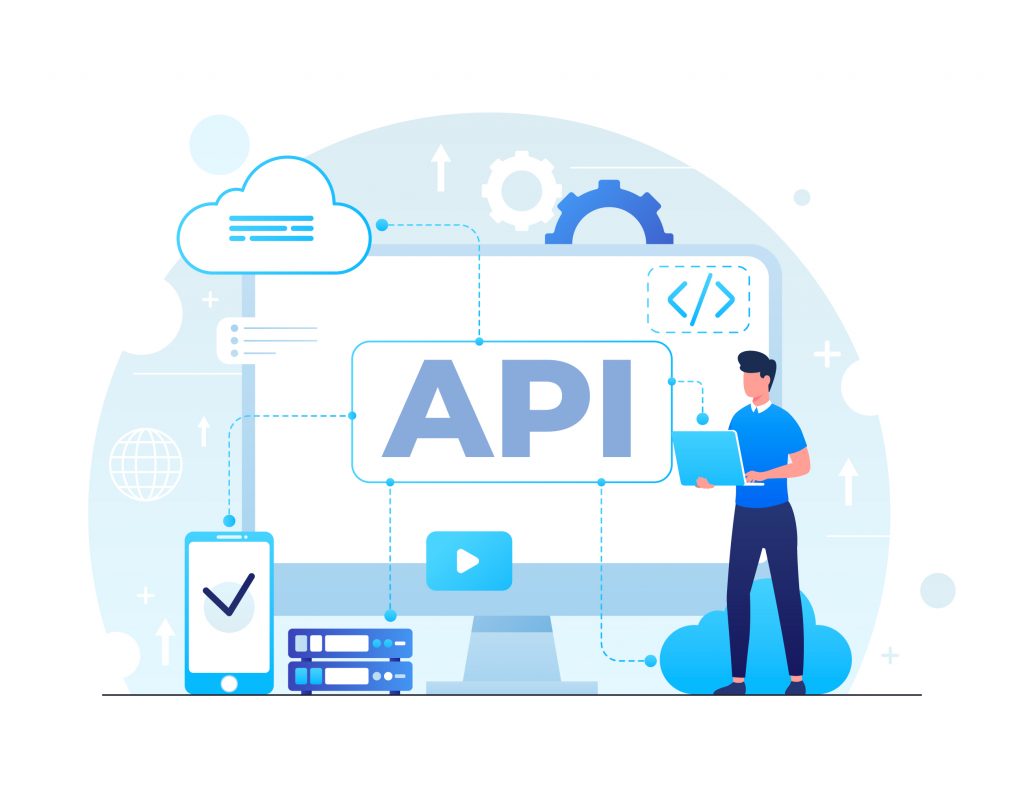
API Security: 8 Best Practices To Keep Your Business Safe
Ensure Best API Security. Follow these practices to secure data transferred through APIs.

Every business is going digital these days and APIs are essential to business intelligence. APIs(Application Programming Interfaces) are great tools that allow you to extract your company’s data from software, web pages, and cloud storage.
An API is a software intermediary that allows two applications to interact with each other. They foster connections between technologies to enhance user experience.
You have probably at least used once, Google Maps in your life intentionally or not. The Google Maps API gives users the privilege of nearly limitless geographic aptitude at their fingertips. Each time you looked into business hours, reviews, contact information, on your mobile or computer, that is the Google Maps API in action.
APIs have became essential part of our everyday lives. APIs are capable of everything from searching for the weather on Google to connecting with friends on Facebook. With that much data handled, their security is central to modern information security.
|API Security|
API security is the practice of protecting APIs from cyberattacks and misuse as APIs have access to sensitive data and other network resources. They're highly vulnerable to a variety of attacks that can lead to data breaches and compromised networks.
|API Security Best Practices|
Here are some best methods to implement which can help API providers to ward off many potential vulnerabilities.
- Implement Proper Authentication And Authorization: Setup an authentication system that requires users to provide valid credentials before they can access any data. This will secure your sensitive data against malicious attacks.
- Encrypt Your Data: Use HTTPS (Hypertext Transfer Protocol Secure) and TLS (Transport Layer Security) to secure the communication between client and server as they protect sensitive information from being intercepted, modified, or stolen by attackers.
- Use the Right Security Policies: Apply the right security policies to your APIs, including OAuth or JWT. Use a centralized OAuth server or JWTs to issue access or refresh tokens.
- Use API Gateways: Always put your API behind a gateway because they can centralize traffic features and apply them to every request that hits your API. API providers wouldn't have to reinforce each endpoint with many features one-by-one.
- Stay Alert On Any Malicious Activity: Always monitor user behavior and be prepared for any suspicious activity. There are many automated tools in the market, use them to scan your systems regularly and set up alerts for any unusual activity.
- Share Only The Required Information: Share only the necessary information. Don't provide attackers with additional information about the API and the resources it accesses.
- Use a Web Application Firewall (WAF): A web application firewall helps protect web applications by filtering and monitoring HTTP traffic between a web application and the Internet. It helps your web applications against various cyber attacks such as cross-site forgery, cross-site-scripting (XSS), file inclusion, and SQL injection, among others.
- Conduct Regular Security Tests: Security teams need to regularly check the security controls. This will identify risks and weaknesses in security mechanisms. Any hostile or attempted hostile usage of an API could be avoided by these regular security checks.
Protect Your API, Protect Your Business
There are over 24000 Web APIs that were available in 2022, up from 105 in 2005, used by developers and organizations, API security is more important than ever. API security should never be taken for granted. We are opening doors for one software and but should be tightly closed for hackers or from other data breaches.
The above stated best practices are necessary for any organization that cares about its reputation and, more importantly, its customers.
Feel free to contact us to know more about API Security.